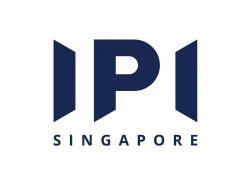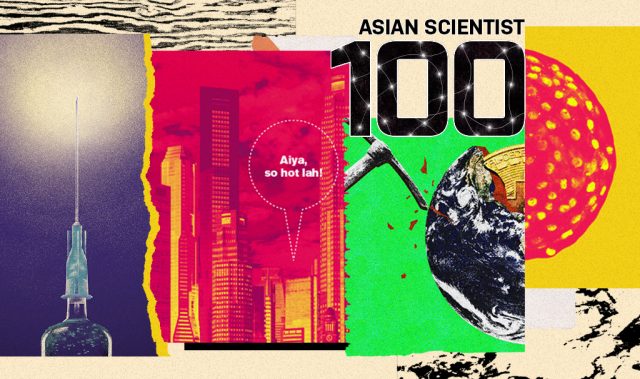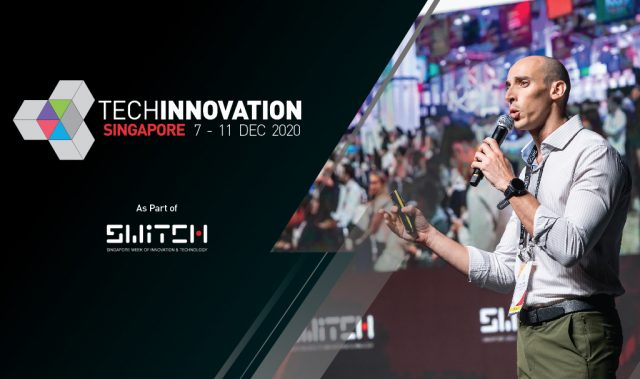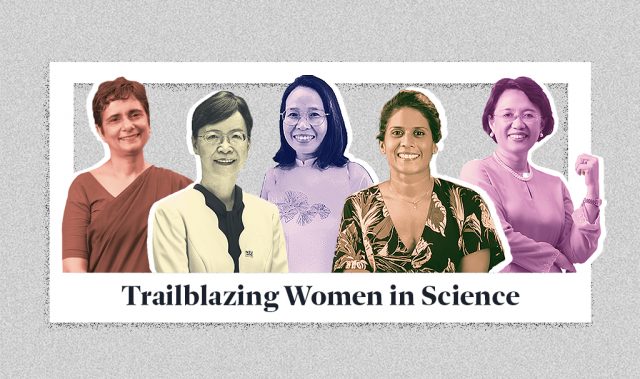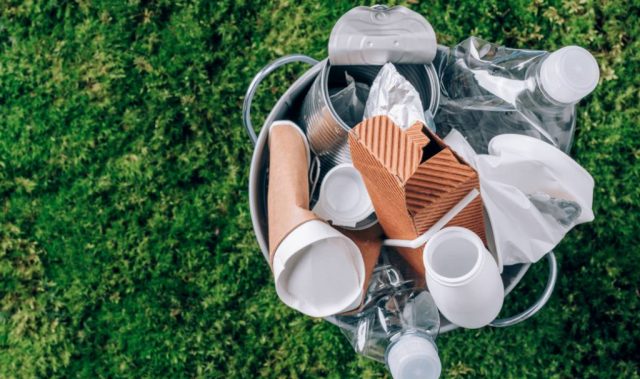
AsianScientist (Mar. 18, 2021) – The COVID-19 pandemic has undoubtedly changed the way we live. Remote work is no longer an exception but the norm for most. We stay home more than ever and keep outings mostly short and close to home. While these changes may have curtailed our social lives, there has been one unexpected beneficiary: the environment.
The dramatic reduction in travel thanks to closed borders saw global carbon dioxide emissions fall by 17 percent. Though temporary and still insufficient to reverse the trends of climate change, the drop in emissions demonstrated that alternatives to runaway consumption are possible, particularly if cities play their part.
Speaking at the TechInnovation 2020 plenary session on smart and liveable cities held on 9 December, a panel of experts explained why they were optimistic that technology could make a difference in creating a more sustainable post-COVID world.
The Great Reset
For all the activities that have moved to the virtual world because of COVID-19, the pandemic has also reminded us that we are still physical beings with mundane needs for food, shelter and even toilet paper.
“We’ve become incredibly aware of the fragility of global supply chains,” said Chris Luebkeman, leader of the Strategic Foresight Hub under the Office of the President at ETH Zurich.
But there is a silver lining—the great reset has forced individuals and corporations alike to reconsider what is truly essential and rediscover the opportunities that were before them all along.
“The dearth of unexpected items led us to a rediscovery of the possibility of the local in different parts of the world,” Luebkeman said.
“We can now free ourselves into new ways of thinking that we couldn’t even begin to do ten years ago.”
Poised as we are at the edge of profound personal, political and environmental change, humankind is faced with a choice: Do we return to business-as-usual as soon as possible or can we use this change to re-imagine a better world? For Luebkeman, the acceleration of digital trends and advancements in technology bode well for the future.
“We have a role in co-creating the future,” he said. “It is our responsibility to make a difference so that we can look the next generation straight in the eye and say ‘I did everything I could to make your life better.’”
Redefining city life
How then should we use this crisis as an opportunity to rethink our lives, particularly for the majority of the world population that lives in cities? Micah Kotch, Managing Director of start-up accelerator Urban-X, believes that we have to start thinking about cities holistically and not just in terms of infrastructure.
“We have to start with the premise that the city is a platform. For too long, it has been siloed between infrastructure, the built environment and people,” he said.
“If you’re going to think holistically about climate change and the carbon challenge, the public sector can’t get there on its own,” Kotch continued. “What’s really needed is new thinking and new approaches to innovation from innovators and entrepreneurs.”
That’s where Urban-X and the start-ups it supports come in. With portfolio companies ranging from Industrial Organic which tackles the problem of food waste to Park & Diamond which has produced a foldable helmet to encourage biking instead of fossil fuel-based transport, Urban-X is trying to build a global community of people tacking the challenge of climate change and better cities.
“Thinking about how to approach the problem in a way where you can challenge the status quo is something the best entrepreneurs are willing to entertain,” Kotch concluded.
Making cities pandemic-proof
While we want to keep cities sustainable, innovative, accessible and vibrant, we also want to make sure that they are also resilient in the face of future pandemics. Tackling perhaps the challenge freshest on everyone’s mind, Dr. Upali Nanda, Principal & Director of Research at HKS Inc, spoke in depth on how our cities can better prepare for future pandemics.
Dr Nanda shared with the audience on the concept of a Community-BLOC, which in essence is an ecosystem that supports business and life continuity. Citing Singapore’s Toa Payoh neighborhood as a prime example of the Community-BLOC concept, Dr Nanda explained that these model neighborhoods are equipped to function as a self-contained town.
“Because it was designed to be mixed use, with not only rooftop gardens and food stalls but also recreational centers and open spaces, that neighborhood could still continue during the ‘circuit breaker’,” she said, referring to Singapore’s terminology for lockdowns.
“We are finally realizing in 2020 that a purely human-centered world will not get us where we need to be. We need to shift from being human-centered to be living-centered,” said Dr Nanda.
To find out more about what was shared at this TechInnovation 2020 plenary session on smart and liveable cities, watch the on-demand video on IPI’s YouTube channel here.
Asian Scientist Magazine is a content partner of IPI.
———
Copyright: IPI. Read the original article here.
Disclaimer: This article does not necessarily reflect the views of AsianScientist or its staff.



